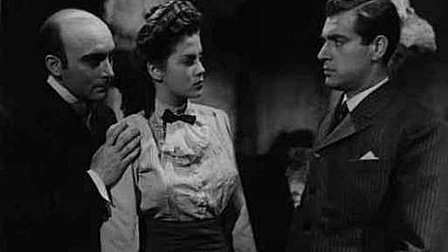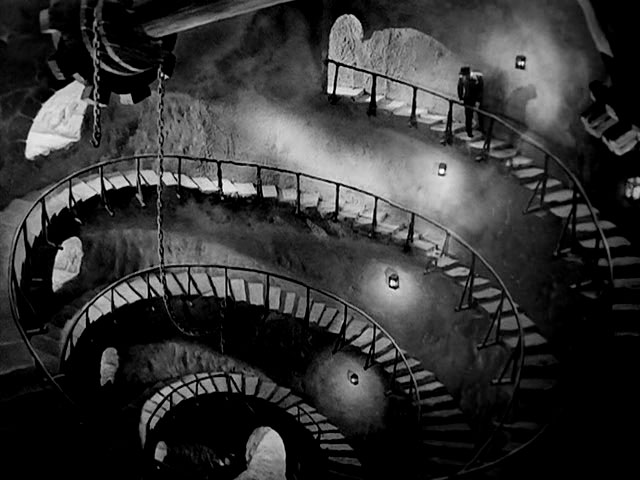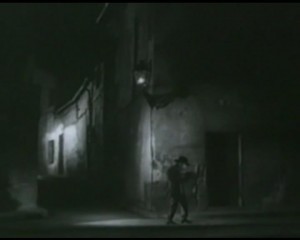THE MADE MAN
Jonathan Rosenbaum
This review of was commissioned by its writer-director-producer-editor, Drew Hanks. The Made Man’s trailer can be accessed here: https://youtu.be/rPH9HbveDRk – J.R.
One striking trait shared by the United States and the Catholic Church is a taste for symbolism that overtakes material reality. The same mentality that converts wine into blood can also turn racial differences into graphic abstractions that replace facts so that pinkish brown individuals are called “white” and slightly darker brown individuals can be called “black”.
One of the more eloquent descriptions of this taste for metaphysics over material reality comes from Mary McCarthy, a lapsed Catholic and an American, who argues in her 1947 essay “America the Beautiful: The Humanist in the Bathtub” that “the virtue of American civilization is that it is unmaterialistic”:
“It is true that America produces and consumes more cars, soap, and bathtubs than any other nation, but we live among these objects rather than by them….When an American heiress wants to buy a man, she at once crosses the Atlantic. The only really materialistic people I have ever met have been Europeans….The strongest argument for the unmaterialistic character of American life is the fact that we tolerate conditions that are, from a materialistic point of view, intolerable.” Read more




